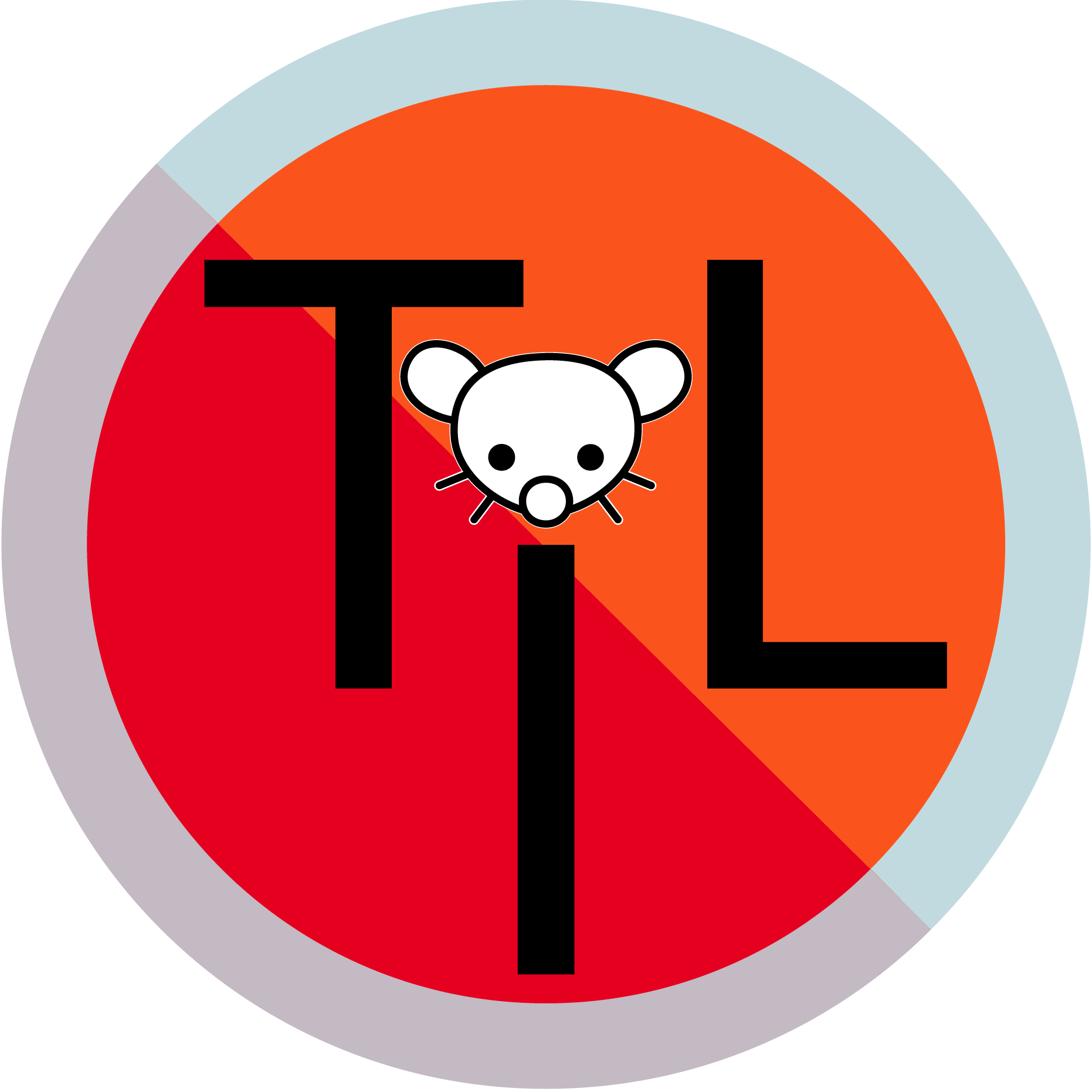

Okay, well get back to me when you have some lived experience of deafness and maybe we can have a productive discussion then, seeing as my point seems to have gone completely over your head.


Okay, well get back to me when you have some lived experience of deafness and maybe we can have a productive discussion then, seeing as my point seems to have gone completely over your head.


Much like many disabilities, deafness isn’t a hard binary between hearing Vs deaf, but a spectrum dependent on many factors. For example, someone may have hearing loss in a particular frequency range, which may affect their ability to hear lyrics. I would also expect that someone’s relationship to music may be impacted by whether they were born deaf or acquired deafness later in life.
The point that other are making about this as an accessibility problem is that a lot of disability or anti-discrimination has provisions for rules or policies that are, in and of themselves, neutral, but affect disabled people (or other groups protected under equality legislation) to a greater degree than people without that trait. In the UK, for example, it might be considered “indirect discrimination”.
You might not need lyrics to listen to music, but someone who is deaf or hard of hearing is likely going to experience and enjoy music differently to you, so it may well be necessary for them.


Thanks for this comment, I hadn’t thought about it this way before. I had realised about how being gay is framed as a thing you do rather than a thing you are, because I have a friend who is an ex-benedictine monk, and they explained about how their vow of chastity meant they were basically “one of the good ones”. A large part of why they left was because their rhetoric was “everyone has sinful desires in them and turning away from those is an important challenge”, but the unspoken part was that his gayness made his desires extra bad, like there was just some innately bad thing in him.
And of course they would apply this same logic to gender. As you say, it makes more sense when you try to see it from their angle. I think that’s important to do if we hope to ever refute them


A few posts above this one, I saw a post about how German bridges are falling apart, so your comment has done me psychic damage. Man, things feel grim.


Theme Hospital is one of the greats of an era. (N.b. there’s a mod called CorsixTH which fixes a lot of issues with the original game (mostly age related clunkiness)


You’ve got to be careful with rolling your eyes, because the parallelism of the two eyes means that the eye roll can be twice as powerful ^1
(1) If measured against the silly baseline of a single eyeroll


Oh damn, I just lost the game too, and now I’m thinking about the game as if it were a virus - like, I reckon we really managed to flatten the curve for a few years there, but it continues to circulate so we haven’t been able to eradicate it


I saw some previous news coverage of the Devs saying they’d rather players pirate it than have it spoiled for them, and I went in blind and bought it full price. I don’t generally play this kind of game but I thoroughly enjoyed it.
Finland is very good for people who hate smalltalk.
I love stories like this because it makes me reflect on random people I’ve seen who have stuck in my memory for years who probably never noticed me. Makes me wonder if anyone remembers me for something random like this
I’ve not heard that quote, who said it?
Well that’s a horrifying way to think of things, thank you for that (not sarcastic)


Social constructivism applied to science argues that an objective, observer-independent reality doesn’t exist, (or that if it does, it’s not accessible by humans, which is functionally the same thing). Under that framework, then whenever we talk about gravity, we’re not talking about some objective truth, but our attempts to model what we perceive as an objective truth. Hell, the only way we’re able to have this conversation at all is because I wrote “gravity is a social construct” and you understood what I was referencing enough to disagree.
I have learned linear algebra in a few different contexts now, and each one I learned made it easier. When I first learned it, it was in a pure maths context and I found it tricky. It began to make more sense in university, when I learned it in the context of x-ray crystallography. I think more so than most topics, linear algebra really needs the context of it’s usefulness for it to really make sense, but also, I think I’d have struggled with the x-ray crystallography if I hadn’t already got a grounding in linear algebra from a pure maths angle.


Incredible


What is your understanding of a social construct? I wanna make sure we’re on the same page about definitions


I shouldn’t have left my previous statement without any elaboration — that was a pretty inflammatory comment to make and I apologise.
When I say “gravity is a social construct”, part of what I’m getting at is that the natural world is distinct from scientific knowledge we create when attempting to model the natural world, and that our scientific knowledge is, by necessity, socially mediated.
I like gravity as an example of this because of how fundamental it is: even animals have some level of intuitive understanding of gravity — they don’t need to understand what parabolic motion is to be able to demonstrate it when they jump over things.
But also, our understanding of gravity has vastly changed over the years. In the 1800s, astronomers had measured Mercury’s orbit so precisely that they found it to be inconsistent with what Newton’s Law of Universal Gravity would predict, so they figured there had to be another planet closer to the Sun. Turns out there wasn’t though, and it was only after Einstein’s theory of relativity that Mercury’s weird orbit could be explained.
They had good reason to guess that another planet was responsible for Mercury’s orbit though, because the same guy who made that guess (a French astronomer, Urbain le Verrier) had actually predicted the existence of Neptune just a few years earlier; he had used Newtonian gravity to analyse the orbit of Uranus and found that it was slightly off from what observers had been measuring, and deduced that there must be another planet that nobody had seen yet that was causing these perturbations.
These two examples show two different ways that we can respond to experimental observations not matching with our theoretical understanding: sometimes it’s productive to assume our current theory is correct and that our observations are wrong or insufficient in some way, and sometimes we fix the disparity between what we see and what we know by amending our theories, like we did when we learned the limits of Newtonian gravity. Choosing which hypothesis to investigate is how science (and scientific knowledge) is socially constructed.
Disclaimer: I’m a biochemist, not an astrophysicist, so talking about gravity isn’t my primary domain. Many of these ideas are articulated far better in this video essay by Dr Fatima (and I suspect some of my phrasing is subconsciously borrowed from this video — this is bad citation practice on my part)


They were never going to let this man be Prime Minister


“vendored my library”
I’m unfamiliar with this phrase, are you able to explain what it means (or point me towards an explanation)? Is it relating to forking?
Listen, I don’t want to be in a pointless internet argument; I could answer your question by referencing some of the things that go into deciding what reasonable adjustments should be put in place, legally speaking (in particular, your question is getting at the “how much is reasonable” aspect of the problem"), but I only want to engage in this conversation if you’re actually interested to learn.
(On that front, I apologise for the sharp tone of my previous comment, because that certainly wasn’t conducive to conversation.)